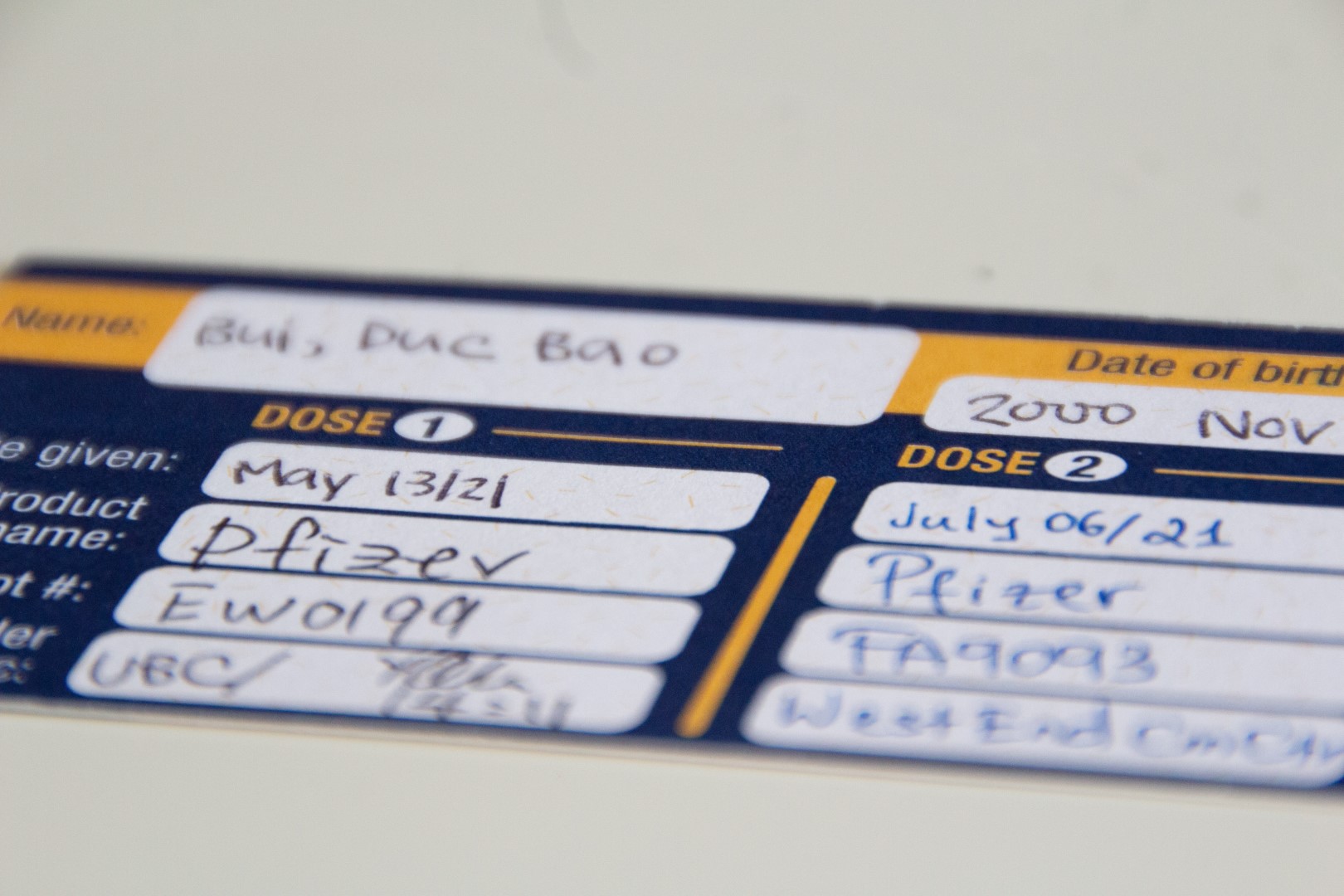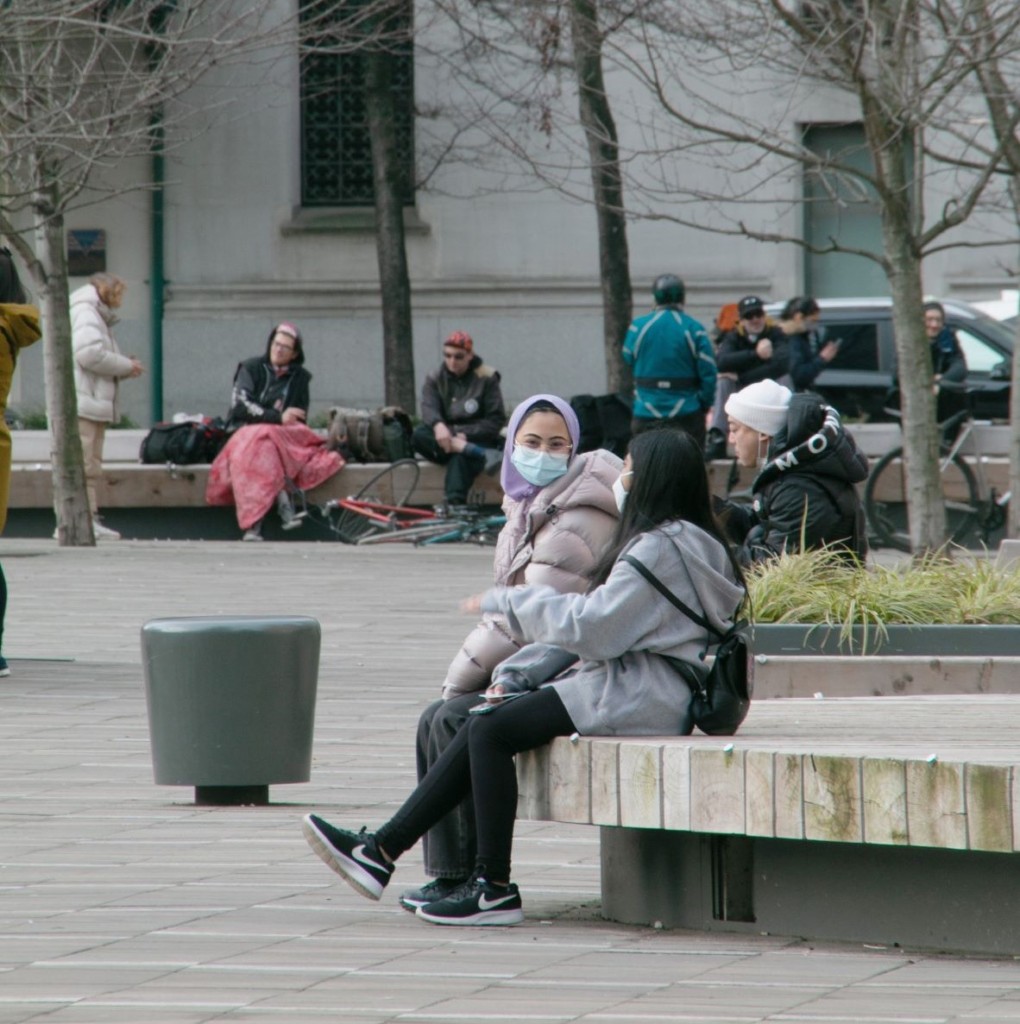
WHO and CDC also advise against vaccine mixing until further research is done
By Jessica Berget, Assistant Editor
Many countries are rushing to get most of the population vaccinated, but that haste is causing problems for those who received two different vaccine doses or AstraZeneca, especially with traveling.
The CDC says that it is preferential to receive two of the same vaccine dose, rather than mixing two different one. The website states, “In situations where the same mRNA vaccine product is temporarily unavailable, it is preferable to delay the second dose (up to six weeks) to receive the same product than to receive a mixed series using a different product.”
Because of this, countries including the European Union and the US are not recognizing certain vaccines or vaccine combinations as fully vaccinated. For those who received mixed doses, or the AstraZeneca vaccine, travelling internationally will be difficult and they will still need to quarantine. Mixing Moderna and Pfizer (both mRNA vaccines) is considered effective but mixing of AstraZeneca or other vaccines with any other vaccine is not seen as fully vaccinated. Canada’s National Advisory Committee on Immunization (NACI) does recognize vaccine mixing as well as AstraZeneca.
Some cruise lines have been refusing entry to those who have mixed vaccines, AstraZeneca, or the India produced vaccine COVISHIELD (a version of AstraZeneca). The reason for not recognizing AstraZeneca is that it is considered a “vector vaccine” meaning it uses a modified version of a different virus to deliver the inoculation to our bodies.
According to the Canadian government website, mRNA vaccines are fairly new and work by teaching your cells to make a protein triggering an immune response which makes your body produce antibodies and fight off future infection. Health Canada reports about 1.3 million Canadians have received mixed vaccine doses.
The World Health Organization’s chief scientist Soumya Swaminathan is also hesitant on recommending vaccine mixing until more study is done on it. “Individuals should not decide for themselves, public health agencies can, based on available data,” she said on Twitter. “Data from mix and match studies of different vaccines are awaited— immunogenicity and safety both need to be evaluated.”

